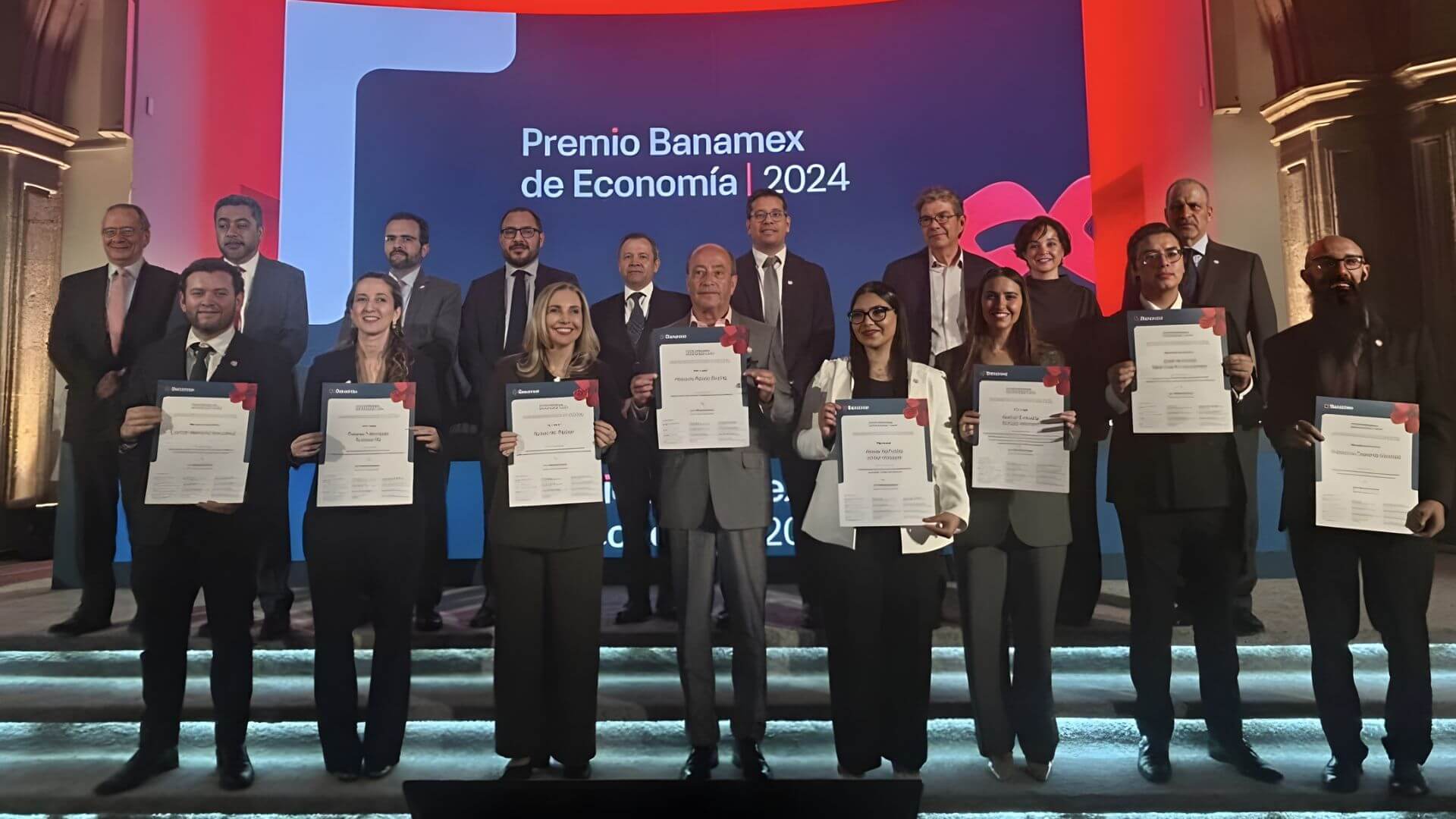
In recent years, discussions surrounding reparations in the United States have gained traction, compelling policymakers to examine historical injustices that resulted from discriminatory policies. These policies actively built up the assets of white families while consistently undermining those of Black families. What does the movement for reparations mean, however, for philanthropic foundations?
Assistant Professor Claire Dunning recently wrote an article for the Stanford Social Innovation Review examining how philanthropy, reparations and historical legacies intersect, while exploring some of the challenges of addressing systemic injustices. Dunning notes the interconnected nature of these issues and offers insights into potential approaches for creating positive change. Her writing draws from her work as an advisor to the National Committee for Responsive Philanthropy’s Reckoning Initiative.
"I think it is important to understand that the movement for reparations has existed for a really long time: since the immediate aftermath of slavery,” Dunning explains. She emphasizes the grassroots origins of the movement and the role of mutual aid and community support. Only recently have funders started to pay attention and shift their resources accordingly.
Currently, organizations such as Liberation Ventures are actively supporting the reparations movement by allocating philanthropic funds to advocacy, research and narrative development. These activities, Dunning argues, are necessary but not sufficient. Funders should acknowledge their role in perpetuating racial inequality and understand that their endowments have roots in racial capitalism. Engaging in a process of recognition, repair and redress might involve shifting both where and how foundations allocate their resources and who sits on foundation boards and offices Dunning also raises the notion of "land back” as a potential model for philanthropy to reframe grantmaking as a means of returning what was taken through extraction, denial or violence.
Some universities have already begun to examine the origins of their endowments. Dunning highlights the significance of initiatives like the Universities Studying Slavery Initiative, which includes the University of Maryland’s 1856 Project, as valuable resources for learning. Dunning suggests that foundations could establish a similar consortium for collaborative learning and introspection, with the goal of normalizing the task of confronting historical legacies. She points out the unique position of foundations, which may not have as direct ties to enslavement as universities do but which nonetheless profited from racism and racial capitalism. Dunning writes about redlining in D.C. as an example of how profits from real estate endowed foundations. Beyond that specific example, Dunning offers a methodology for how foundations might undertake historical research on their own and think differently about what historical “evidence” of harm might look like.
As she was writing the article, Dunning raised the topic of reparations with her students to get their perspectives on the issue. "Our students are able to hold the kind of complexity and nuance needed in these conversations about racial harm, reparations and policy.” Engaging students in this way helped clarify the points Dunning wanted to make with this piece.
As discussions on reparations and philanthropy evolve, it becomes increasingly evident that acknowledging historical injustices and actively working towards rectification are essential steps in addressing systemic inequalities. As we navigate this complex landscape, it is critical for funders to consider their role in perpetuating racial inequity and to engage in meaningful dialogue and action toward reparative justice.



